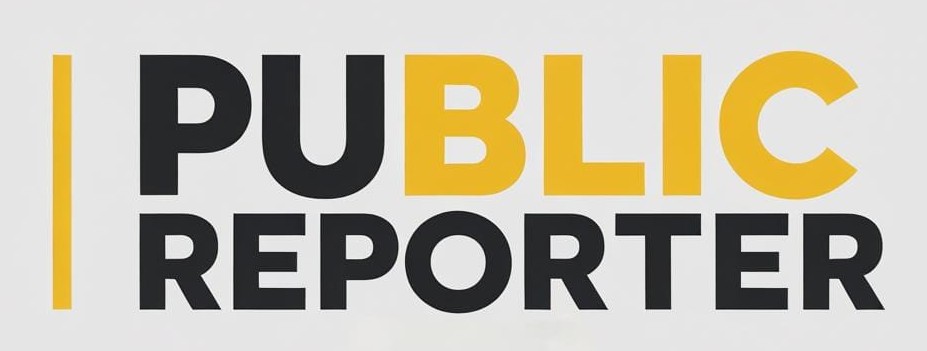By | PR Network
New State Department health rules trigger global criticism over discrimination against diabetes and heart disease patients.
Washington’s Silent Health Screening Shift
The United States has quietly expanded its visa screening rules to include applicants suffering from chronic illnesses such as diabetes, heart disease, and obesity, sparking global criticism and concern among health and human-rights advocates. According to multiple U.S. media outlets including KFF Health News, CBS News, and Los Angeles Times, a confidential State Department directive instructs U.S. consular officers worldwide to consider whether an applicant’s medical condition might create a “future financial or healthcare burden” on the country. Though not yet a formal rule, the policy reportedly allows visa officers to deny or delay applications based on the predicted long-term cost of treating these illnesses.
What the New Visa Rule Means
Previously, U.S. immigration medical checks focused mainly on communicable diseases, such as tuberculosis or COVID-19, to prevent potential public-health risks. However, the new directive shifts attention toward non-communicable and lifestyle-related diseases — a move that public health experts say could unfairly penalize millions of people living with treatable chronic conditions. Consular officers are being urged to review medical documentation more strictly and determine whether an applicant may become a “public charge” under U.S. immigration law. This expanded interpretation, critics argue, could enable subjective decisions based on incomplete or misunderstood medical data.
Experts and Rights Groups React
The decision has drawn sharp backlash from disability-rights groups, health organizations, and immigration attorneys across the world. The American Diabetes Association called the move “discriminatory and unscientific,” warning that it could stigmatize people managing chronic diseases. Legal experts pointed out that many of these conditions are fully manageable through modern medicine, and individuals living with them contribute actively to the economy rather than depend on public benefits. They also warned that the policy may contradict the Americans with Disabilities Act (ADA), which prohibits discrimination based on medical status. Immigration lawyer Michael Abramowitz said, “This is not a public health measure — it’s an exclusionary economic filter.”
Impact on Global Applicants
Analysts predict that the rule will mostly affect those applying for green cards, family reunification, and work visas, though it could also influence long-term student and research visas. Countries with a high prevalence of diabetes and heart disease — such as India, the Philippines, Mexico, and South Africa — could see a significant increase in visa scrutiny. Health organizations warn that the measure unfairly targets applicants from developing countries where chronic diseases are rising due to lifestyle changes and limited access to healthcare. Critics fear this could create a class-based and health-based hierarchy in immigration policy.
The U.S. Government’s Response
The U.S. State Department has not publicly released the directive’s full text, nor has it clarified how the rule will be implemented. In past statements, officials have defended similar measures as part of efforts to ensure that immigrants do not impose “unforeseen burdens on American taxpayers.” However, civil rights groups counter that such reasoning ignores the fact that most immigrants contribute taxes and purchase health insurance, reducing the likelihood of dependency. The lack of transparency has only deepened mistrust, with calls from advocacy groups for immediate public disclosure and Congressional review.
Health and Legal Experts Demand Clarity
Public-health researchers emphasize that chronic illnesses are manageable and should not be used to exclude individuals from travel or migration opportunities. Dr. Lila Chen, a global health policy researcher, said, “Chronic conditions like diabetes are medical realities, not moral judgments. Turning them into visa barriers is both unscientific and unethical.” Legal advocacy groups such as the ACLU and the National Immigration Law Center (NILC) are reportedly preparing to challenge the directive if it becomes formal policy, arguing it may violate international human rights obligations and the equal protection guarantees under US law.
Global Backlash and Ethical Concerns
International media, including BBC, The Guardian, and Times of India, have criticized the move as part of a worrying global trend toward health-based immigration discrimination. Activists argue that the policy sends a dangerous message: that a person’s worthiness for migration can be measured by their medical condition. The controversy has reignited a moral and ethical debate — should health status determine mobility in a modern world where medicine can manage most chronic diseases? Many experts fear this could set a precedent for other Western nations to follow, leading to an era of “medical gatekeeping” in immigration systems.
Practical Advice for Visa Applicants
Immigration attorneys are urging applicants with chronic conditions to prepare thorough medical records, updated prescriptions, and letters from physicians confirming that their condition is stable and under control. They also recommend maintaining evidence of health insurance coverage or proof of financial capacity to manage ongoing treatment expenses. Experts stress that honesty during medical screening is essential, as withholding health information can lead to long-term visa complications.
The Broader Picture
This emerging U.S. policy highlights a deeper global issue — the intersection of health, economics, and migration. In an era when chronic diseases are widespread yet manageable, many view this move as a step backward from inclusive and humane immigration standards. As human rights advocates call for transparency and fairness, all eyes are on Washington to clarify whether compassion or caution will shape America’s immigration future.






